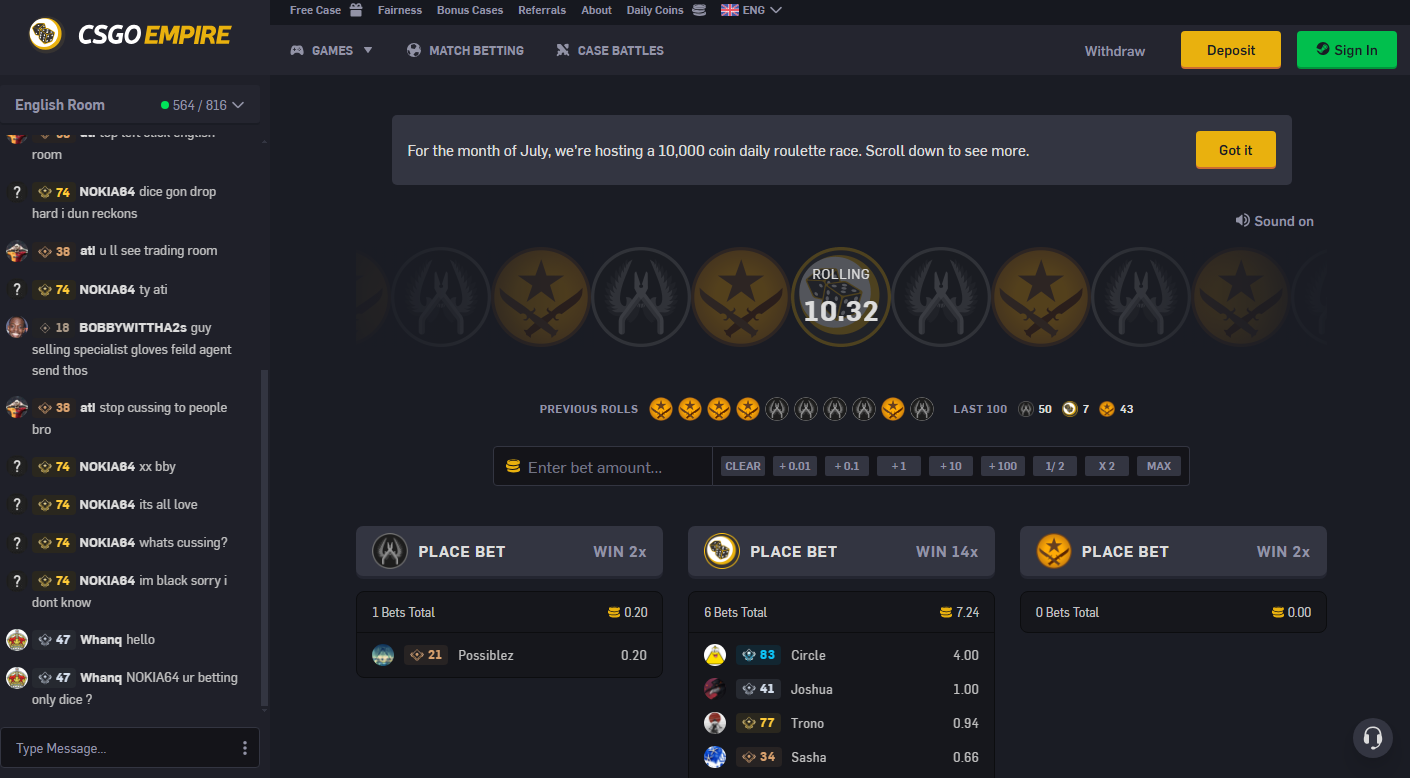Elevate Your Digital Presence
Explore tips and strategies to enhance your online engagement.
Why CS:GO Trade Bots Are the New Black Market for Skins
Discover how CS:GO trade bots are revolutionizing skin trading, creating a virtual black market. Dive in and uncover the secrets!
How CS:GO Trade Bots Revolutionized the Skin Economy
The emergence of CS:GO trade bots has dramatically transformed the skin economy within the game. These automated systems allow players to easily exchange their skins without the need for direct negotiation, streamlining the trading process. As a result, players can quickly acquire the desired skins, enhancing their gaming experience while also driving up the demand for rare and valuable items. With the push of a button, the once tedious trading process has become a seamless transaction that has contributed to a thriving marketplace, thus solidifying the importance of trade bots in the CS:GO ecosystem.
Moreover, the rise of CS:GO trade bots has given birth to new economic dynamics within the community. Players can now engage in large-scale trades, participate in gambling websites, and even contribute to the development of independent marketplaces. The accessibility that trade bots provide has allowed seasoned players to profit from their rare skins, while newcomers have easier access to a diverse range of options. This revolution not only fosters a vibrant trading scene but also ensures that the skin economy continues to evolve, creating endless opportunities for players to engage and invest in this unique digital landscape.

Counter-Strike is a highly competitive first-person shooter game that pits teams against each other in various objective-based missions. Players often seek to improve their gameplay by refining their settings, and many look for professional players' configurations. For example, you can find zywoo settings to see how one of the best players optimizes his setup for success.
The Dark Side of CS:GO: Are Trade Bots the New Black Market?
In recent years, the rise of trade bots in CS:GO has illuminated a shadowy underbelly, where these automated systems function as the backbone of an emerging black market. These bots facilitate the buying and selling of in-game items, often circumventing traditional methods and leading to a plethora of issues including scams, inflated prices, and unregulated exchanges. Players may find themselves drawn into this underground economy, seeking rare skins or weapons but often encountering pitfalls that can compromise their accounts and financial security.
The allure of trade bots is undeniable, providing instant transactions that attract players looking for a quick deal. However, the dark side of this trend cannot be ignored; many bots are linked to illicit activities, including fraud and money laundering. Additionally, the lack of oversight raises questions about the legitimacy of trades and the potential for exploitation. As the community grapples with these challenges, it's clear that the risks associated with using trade bots in CS:GO are substantial, begging the question: Are we witnessing the evolution of a virtual black market?
Understanding the Risks: Why Players Should Be Cautious with CS:GO Trade Bots
In the competitive world of CS:GO, trading skins has become a popular activity among players looking to enhance their gaming experience. However, it's essential to understand the risks associated with using trade bots. While these automated systems offer convenience and speed, they also open up avenues for scams and unethical practices. Many players have fallen victim to phishing schemes disguised as trade bot services, leading to the loss of valuable in-game items. To protect yourself, always verify the legitimacy of the bot service you are using by checking user reviews and the official CS:GO community forums.
Another significant concern with CS:GO trade bots is the potential for account bans or restrictions. Valve has strict policies against bot trading, especially when it comes to market manipulation and gambling activities. Using a trade bot can inadvertently place your account at risk, leading to temporary or permanent suspensions. Therefore, it is crucial for players to be cautious and consider using manual trading methods instead. By taking these precautions, you can enjoy the vibrant world of CS:GO trading while minimizing the potential for negative consequences.